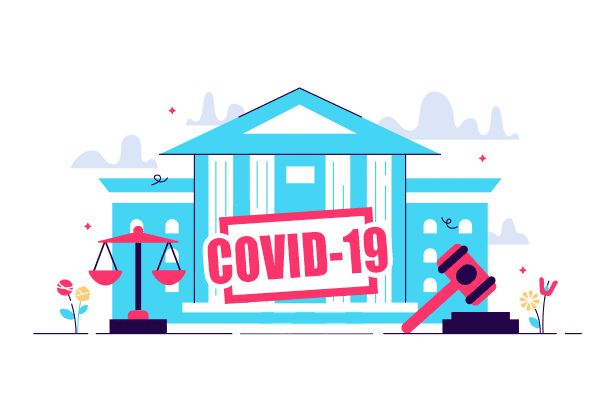Deciding to file for bankruptcy is difficult. If you think it’s your best option, you must avoid making mistakes. The bankruptcy process involves a lot of paperwork and requires a good deal of preparation. Whatever you do or do not will significantly affect your case. This makes it important to hire a Bankruptcy lawyer in Las Vegas to help you navigate the process.
Things You Must Not Do Before Filing Bankruptcy
Before you file for bankruptcy in Las Vegas, ensure you move your savings and checking accounts to a different bank from the bank you took out a loan from. Otherwise, the bank can take money for these accounts to pay off your loan. Also, it is important to know what actions your banks will take once you file for bankruptcy. For instance, some banks will freeze your accounts, which could hurt you during the bankruptcy process.
Moreover, if you file for bankruptcy, you should detail your bank and how much you have in them. If you have a huge amount of savings in your bank account during your bankruptcy filing, you must report it as an asset. Pa your bills first before you file for bankruptcy. Also, do not try to give, sell, or transfer asset titles at least 6 months before you file for bankruptcy. A judge may suspect you want to retain such assets while you file for bankruptcy and they may charge you with bankruptcy fraud.
Things You Should Not Do After You File
When you file for bankruptcy, you must disclose all details associated with your assets, income, debts, expenses, and financial history. It may be impossible to correct any errors you may make when filling out such information. And when the court finds that you intentionally withhold information, you may face a perjury charge.
Furthermore, you should not accrue more debt once you file for bankruptcy. The court may not discharge this new debt. Also, selling your house before the completion of the bankruptcy process is not a good idea, especially when you file for Chapter 13 bankruptcy. Chapter 13 will extend over 3-5 years, and a sale of your house can hurt it. Make sure to talk to your attorney before you make a decision.
Finally, you must attend your bankruptcy hearing to have your debt successfully discharged. When you fail to do so, a judge may dismiss your case. And once your debt won’t be discharged, you will need to start the bankruptcy process over again.
